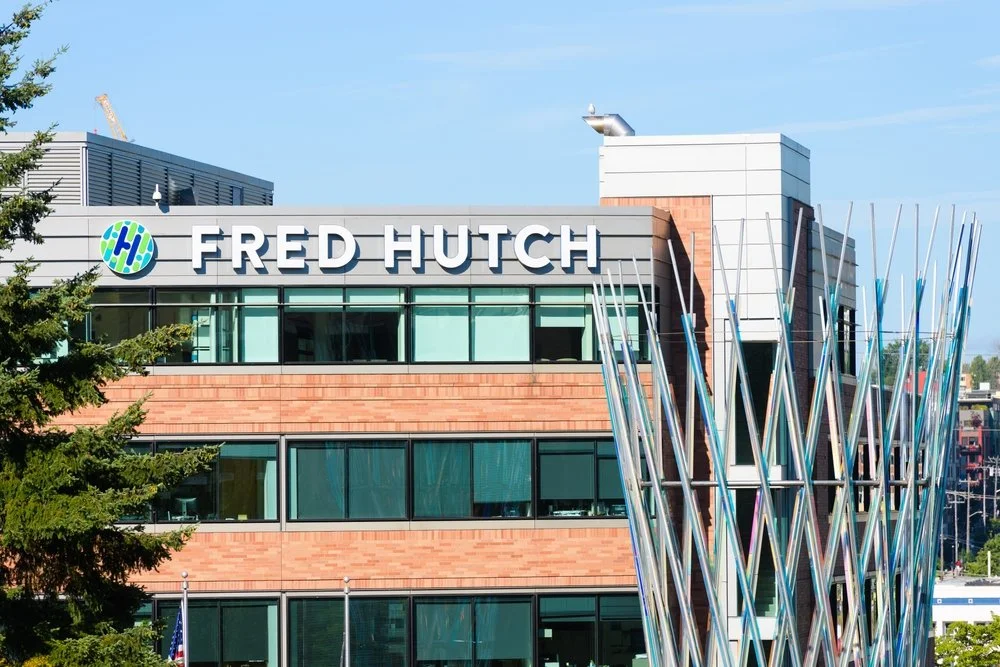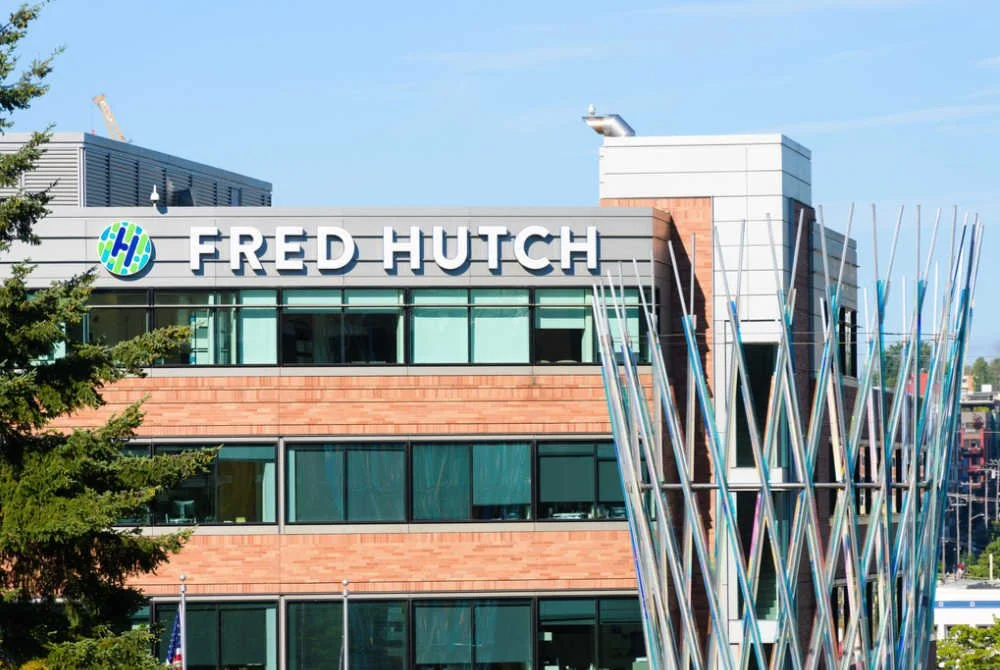Why This Corporate Foundation is Taking on Childhood Cancer
/Mama Belle and the kids/shutterstock
Most corporate foundations marshal their philanthropic resources around causes that align with their businesses. So it’s notable when one adopts a national issue simply because it believes it’s overlooked and underfunded, then addresses the problem in innovative ways.
Founded in 1992, the Northwestern Mutual Foundation has long supported its hometown, Milwaukee. But eight years ago, it expanded its reach by making a national commitment to children and families impacted by childhood cancer. Here’s why, along with details on its “three legs” of support:
Northwestern Mutual
Northwestern Mutual (NW) was founded in Milwaukee more than 160 years ago. A mutual company, it’s privately held and ultimately owned by its policyholders, who are entitled to a share of the profits. Being answerable only to them alleviates the pressures and vagaries of Wall Street, allowing a long-term approach to serving their best interests. That approach has allowed the company to issue dividends every year since 1872, through tough markets, two world wars and the Great Depression.
In its early years, the company focused solely on life insurance, but has since made markets in disability insurance, retirement annuities and long-term care insurance. In 2001, it expanded again, and began offering a full range of financial products and advisory services through a wholly-owned subsidiary, Northwestern Mutual Wealth Management Company (NWWMC).
Last year, it boasted revenues of more than $29 billion, making Northwestern Mutual one of the largest U.S. corporations by total revenue. The company’s been named to the Fortune 500 for more than a quarter-century, landing at 111 in 2019.
Northwestern Mutual Foundation
Since its founding in 1992, the Northwestern Mutual Foundation has invested more than $370 million toward making a lasting impact on children and families in the communities where its employees live and work. Candid reports $27.9 million in total giving in 2018 on assets of $155 million. Each year’s funding is based on the company’s net operating gains.
For decades, the foundation’s philanthropy was centered on Milwaukee, home to the nearly 6,000 employees who work at its headquarters. In 2012, it recognized that the 7,000 employees who comprised its nationwide financial services distribution system had changed the contours of its footprint, and decided to adopt a national cause.
Why Childhood Cancer?
As the foundation of an insurer with financial services interests, the Northwestern Mutual Foundation could’ve gone a number of ways if its goal was to align with its businesses: financial literacy, support for the aging, or leading causes of mortality among adults. Instead, it stayed the course on helping children and families. The question was how.
Children and adolescents account for only 2% of overall U.S. deaths annually, and the overwhelming majority of mortalities are injury-related, led by motor accidents and firearms. Childhood cancer rates third, followed by suffocation and drowning.
Still, it remains the leading cause of death by disease for children in the U.S. Roughly 11,000 children under 15 were expected to be diagnosed last year. Ten percent will not survive.
Eric Christophersen, president of the Northwestern Mutual Foundation and vice president of the company’s strategic philanthropy and community relations, says the decision to adopt childhood cancer as the national focus was based on impact. Research showed it to be one of the most consistently underfunded cancers—and the focus was “hard to argue with” in terms of both “need and heart.”
Three Legs of Support
Christophersen says the foundation’s work has three legs: accelerating research, family support and survivorship.
The foundation’s research partnership with Alex’s Lemonade Stand Foundation (ALSF) began when the childhood cancer program was launched in 2012. Support focuses on two main areas: a family care program to assist families traveling for treatment, and a Young Investigator grant program that funds scientific collaboration among leading pediatric oncology researchers. To date, funding has resulted in more than 330,000 hours of research.
In the course of engaging with issues, the foundation gained an understanding that the crippling costs of battling childhood cancer can create long-term financial challenges for survivors and their families. As a result, it created a scholarship program in 2017 to ease the financial stressor of college, something no one else was doing at scale. Administered through Scholarship America, the program supports 35 scholarships a year, 25 for childhood cancer survivors, and uniquely, 10 for survivors’ siblings. Recipients receive $5,000 for tuition and school fees, renewable for one year or until the recipient earns a bachelor's degree, whichever comes first.
In the program’s first academic year, the foundation awarded $175,000 in scholarships. In its second, the number increased to $350,000. Christophersen says the foundation has received hundreds of applicants in the first two years, and is “seeing more and more as word gets out.”
Standing Out From Its Peers
Inside Philanthropy has covered the giving of other mutual companies that sit near the top of the Fortune 500. Though a number of them echo Northwestern Mutual Foundation’s commitment to their hometowns, none follow suit on childhood cancer.
The New York Life Foundation awards strategic grants nationwide, area grants in local communities, and supports employee and agent grant programs across the country. It specifically focuses on programs that support youth through middle school transitions and help children grieve the loss of a parent or sibling. The MassMutual Foundation works to bolster community financial capacities by connecting local resources to outside expertise, including a $15 million investment in expanding data science courses and programs in its home state. And the Liberty Mutual Foundation prioritizes the places where its employees live and work—Boston, Seattle and Dallas—funding in three main focus areas: accessibility, youth homelessness, and youth education and career opportunities.
Measuring Impact
Eight years in, the foundation has reached $25 million in total funding to address childhood cancer, and both its foundation staff and employees remain committed to the cause.
Christophersen says a full quarter of the foundation’s 12-member staff focuses primarily on the issue through grantmaking and helping employees make local connections. He also allowed that outcomes are hard to measure in a “space that’s largely research-based,” but shared stories of treatments developed in clinical trials that give patients a chance—including a seven-year-old girl whose life was saved by a breakthrough in neuroblastoma research funded by a Young Investigator grant.
NW’s national network of financial advisors are also dedicated to helping. Last year alone, they raised proceeds of $1.4 million through local events, which the foundation passes through.
Christophersen expects the commitment to childhood cancer to expand as the foundation makes new connections over time, and continues to support the families and children it set out to help.



















